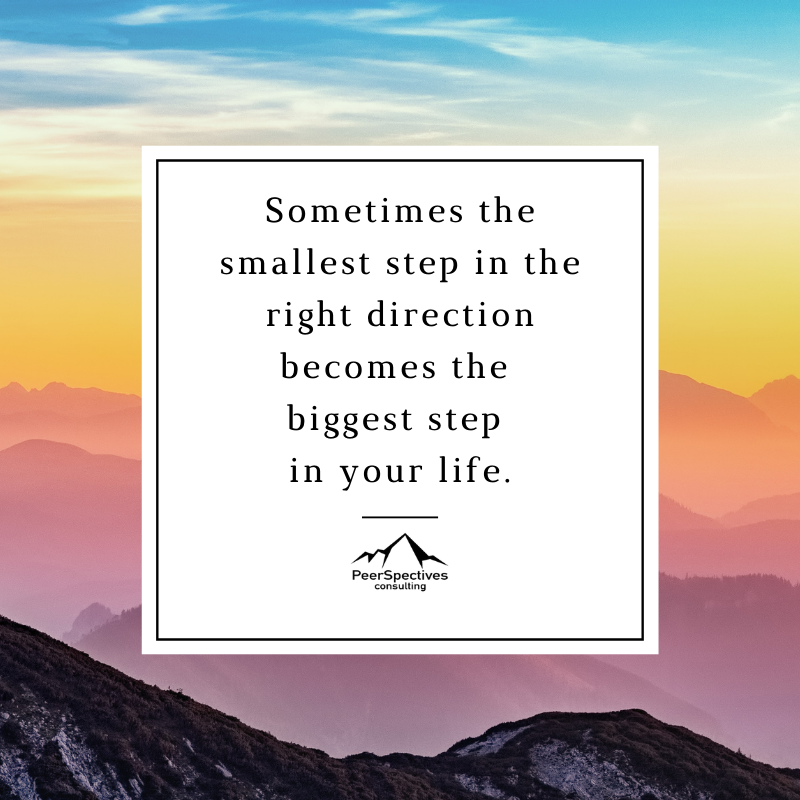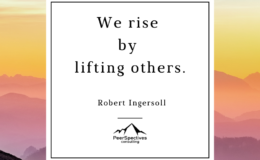
‘The Great Resignation’ is a popular phrase used to describe the masses of people looking for new job opportunities. A Microsoft survey shows a staggering 40 percent of the global workforce considering leaving their jobs in 2021. Melissa Swift, global leader of workforce transformation at management consultancy Korn Ferry, noted, “We basically burned out the global workforce over the past year. One of the ways people deal with burnout is switching employers.”
It’s not just burnout. The pandemic has given us time to figure out what is important to us, and when we can’t find it at work, we leave. Well-being is becoming as or more important to us as money and status.
Well-being is about tapping into our inner peace, joy, and resilience. It’s built into our daily lives and is not simply a reward for working hard.
Everyone’s recipe for well-being is different. We are as unique as our suite of Strengths!
It is worth having a conversation with the people in your life to see what brings them joy. These conversations are part of our workshops and High Performing Teams programs because they help people align with each other.
Let’s seize the day and reset the way we approach well-being at work. Companies and managers who do so will be more likely to keep and enrich the lives of their employees.
PeerSpectively yours,
P.S. If you or someone you know could use a career or morale boost, please reach out to us. We have a 3-Session Coaching Bundle that is getting rave reviews.
Join our newsletter
Featured Article: People Aren’t just quitting their jobs, They’re redefining success – why the great resignation is about more than burnout
by Adrian Huffington, Inc
It’s being called “the Great Resignation” and “the Great Awakening.” The terms are being used to describe a global phenomenon in which, as we begin to emerge from the pandemic, a record number of people are quitting their jobs. In April alone, that exodus amounted to four million U.S. workers, or 2.7 percent of the workforce, the highest rate since 2000. As a Wall Street Journal headline put it, “Forget Going Back to the Office — People Are Just Quitting Instead.” Read more.







